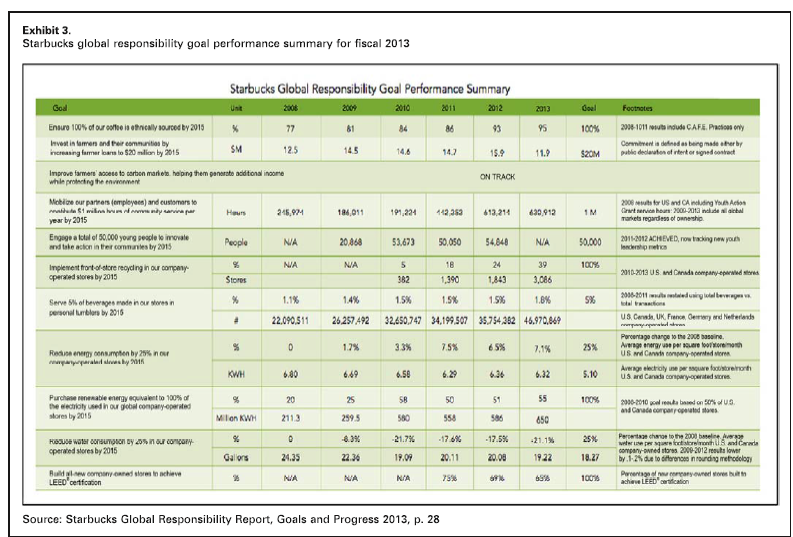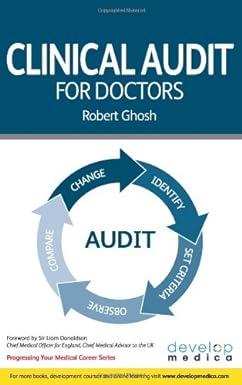Question
4. Is it inconsistent for a company to claim to be socially responsible, and take credit for paying fair wages to employees and fair prices
4. Is it inconsistent for a company to claim to be socially responsible, and take credit for paying fair wages to employees and fair prices to suppliers in developing countries, and then not pay their fair share of taxes to local governments?
5. Even if it is legal for a company to avoid paying taxes in a country (or state, county, or city), is it ethical to shift taxable income away from the jurisdiction generating the prots to another jurisdiction with a lower income tax rate?
6. What organizational goals were affected by Starbucks efforts to minimize taxes? How should this affect the companys future tax planning?
7. Prior to the negative publicity, which stakeholders were the primary beneciaries of Starbucks tax avoidance in the UK? Which stakeholders were potentially harmed by Starbucks tax avoidance?

Step by Step Solution
There are 3 Steps involved in it
Step: 1

Get Instant Access to Expert-Tailored Solutions
See step-by-step solutions with expert insights and AI powered tools for academic success
Step: 2

Step: 3

Ace Your Homework with AI
Get the answers you need in no time with our AI-driven, step-by-step assistance
Get Started


